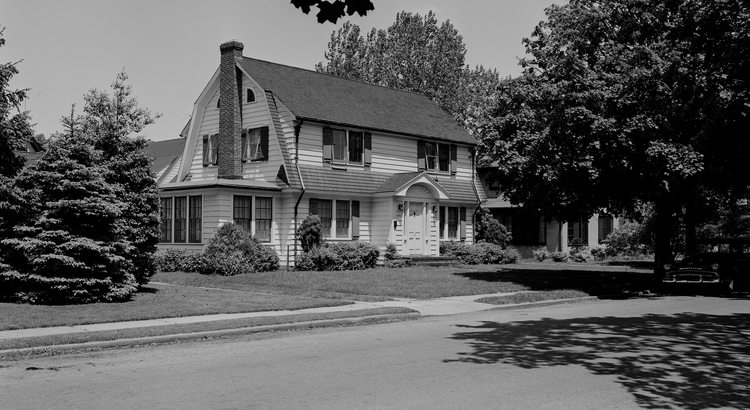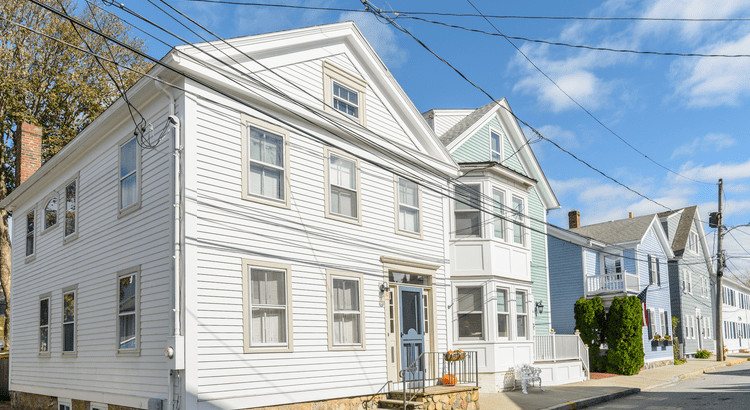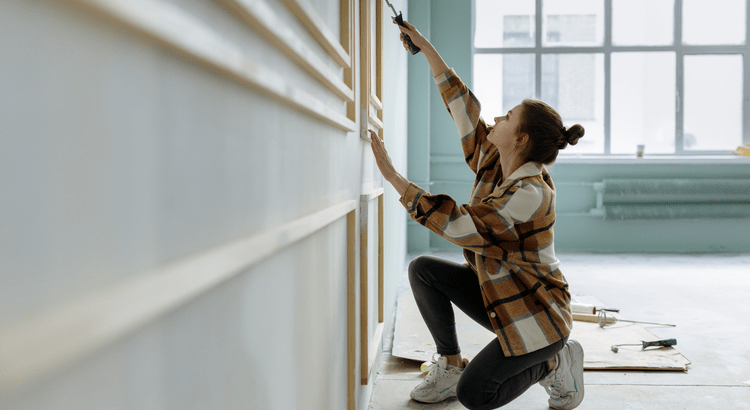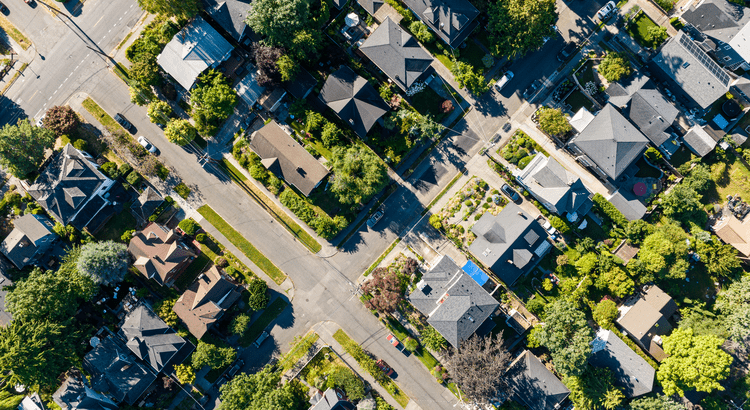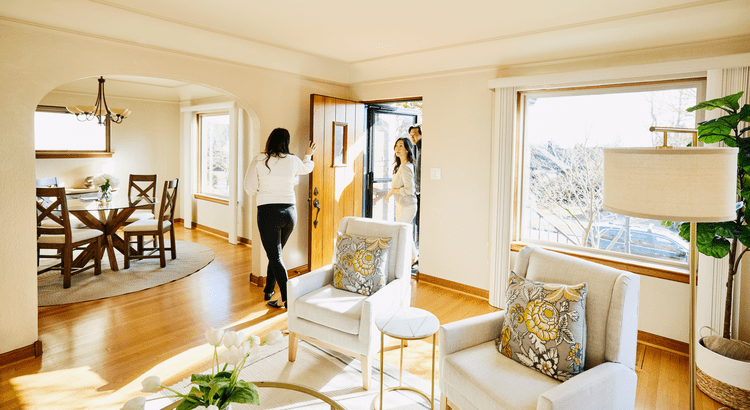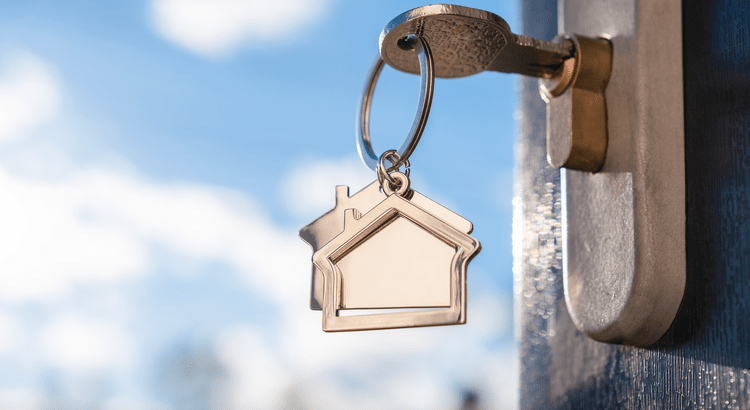What You Need To Know About Saving for a Home
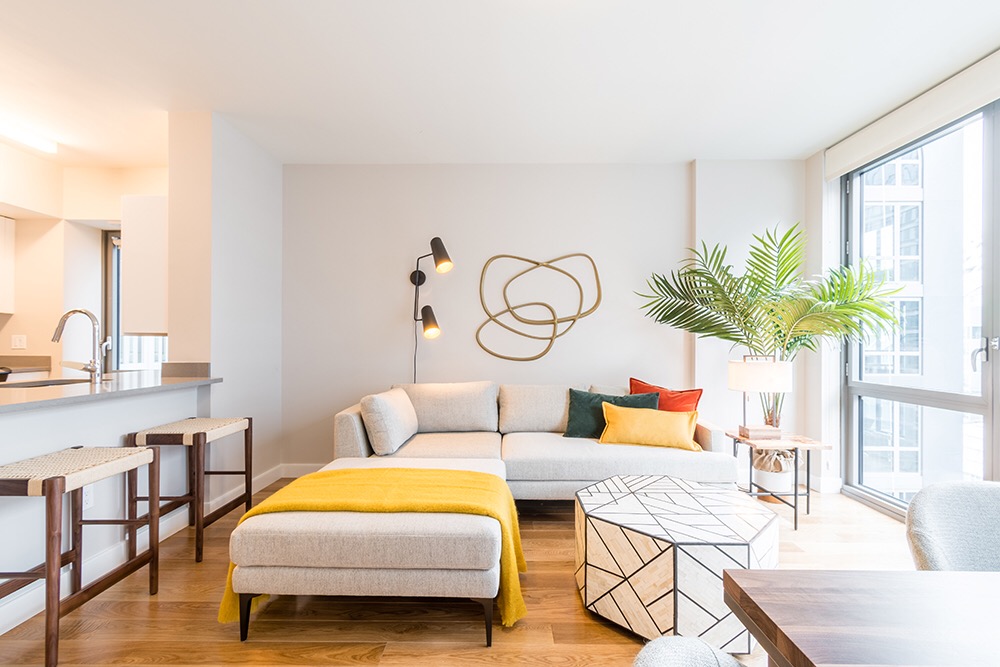
Buying a home is a significant milestone in anyone's life. It's a dream that many aspire to achieve, but it can also seem daunting, especially when it comes to the financial aspect. Saving for a home requires careful planning and a clear understanding of the various expenses involved. In this blog, we will discuss two important factors that homebuyers need to be aware of: down payment and closing costs.
Down Payment:
One of the first things you need to consider when saving for a home is the down payment. This is the initial payment made towards the purchase price of the property. In most cases, the down payment is a percentage of the total price. While it can vary depending on the lender and the type of loan, a common requirement is to have at least 10% of the contract price as a down payment.
Saving for a down payment can take time, but it's an essential step in the homebuying process. You can start by setting a realistic savings goal and creating a budget to allocate funds towards your down payment. Consider cutting back on unnecessary expenses, finding additional sources of income, or even seeking financial assistance from family members to help reach your target.
It's important to note that a larger down payment can have its advantages. Putting down more money upfront can lower your monthly mortgage payments, reduce the amount of interest paid over the life of the loan, and even help you qualify for a better interest rate. So, while the minimum down payment requirement is 10%, it's worth considering saving for a higher percentage if you can.
Closing Costs:
In addition to the down payment, homebuyers also need to budget for closing costs. These are the fees and expenses associated with finalizing the purchase of the property. Closing costs can include appraisal fees, loan origination fees, title insurance, attorney fees, and more. On average, closing costs typically range from 2% to 5% of the purchase price.
Similar to saving for a down payment, it's crucial to plan and save for closing costs in advance. While the down payment is usually paid at the time of closing, the closing costs are due before the settlement. Understanding the estimated amount of closing costs and having the funds readily available will ensure a smooth and successful homebuying experience.
To save for closing costs, consider setting up a separate savings account specifically for this purpose. By consistently setting aside a portion of your income, you can accumulate the necessary funds over time. Additionally, it's essential to shop around and compare lenders and service providers to find the best rates for different closing costs. Doing your research can help you save money in the long run and prevent any last-minute financial surprises.
In conclusion, saving for a home involves more than just budgeting for the down payment. Homebuyers must also consider the closing costs, which can significantly impact the total amount needed to purchase a property. By understanding these expenses and planning accordingly, you can set realistic goals, create a savings plan, and ultimately achieve your dream of homeownership. So, start saving today and take the first step towards owning your dream home.
Categories
Recent Posts

